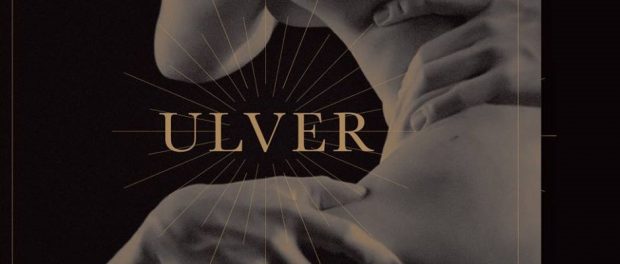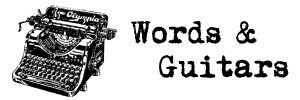Ulver – The Assassination of Julius Caesar

Ulver’s eclecticism has seen the band swap identities on a regular basis, rarely lasting more than a couple of releases without delving into the potential offered by other genres and approaches. Last year’s excellent studio-processed live release ATGCLVLSSCAP captured the band weaving its way from drone to electronica through sun-burnt stadium pop to gothic rock, catching an expansive talent while whetting the appetite for their next studio album proper. What trick lies up their sleeve?
Well, here it is: The Assassination Of Julius Caesar. The press notes are clear that this is Ulver’s pop album, drawing its primary musical inspirations from the 1980s, and – on its own terms – succeeds in recreating the pop moods of the time. The anthemic keyboards opening ‘1969’ or the reverbed vocals on ‘Angelus Novus’ could have laced any track made in synthpop’s pomp, while ‘Nemoralia’ could pass for a Simon Le Bon guest spot. It’s possible to spend the album’s run-time playing spot the echo.
Therein lies the problem. The record draws primarily on pop’s shiny, commoditised hit makers from the middle of that decade, rather than on the dystopia that drove synthpop’s most resonate practitioners, ignoring entirely the undertow disturbing the pristine surface on classics like ‘Vienna’ or ‘Two Tribes’. ‘Transverberation’ is a perfect example of the album’s weaknesses: it is pure pastiche. Perfecting the ability to sound like one’s childhood heroes must have been fun but the result is too easily ignored. Why listen to Ulver rather than bands who took a risk and bet on synthesisers when that sound still spoke to an unknown and subversive future? There’s no risk-taking here: the lyrics apparently speak to the band’s usual poetically phrased concerns but they’re hard to make out over the soaring power ballad backing. This is an intrinsically safe tribute record, a homage to a sound three decades past.
A band this talented can’t lack for a number of moments of inspiration, however: the lengthy introduction to ‘Rolling Stone’ features slashing percussion stripped from seventies dub reggae, an appropriately shadowy air, a great solo/break extending from the three minute mark, then a lengthy and elaborate instrumental coda throwing everything (including a squealing trumpet part) at the listener. But ‘Rolling Stone’ simply shows that the album is best on the tracks where Ulver sound most like Ulver and least like a band short on imaginative ideas for what to do with their inspiration other than copy, reproduce, mimic and mirror.
